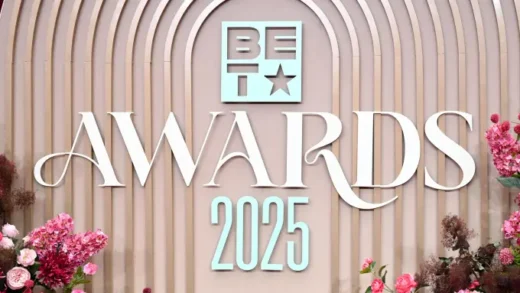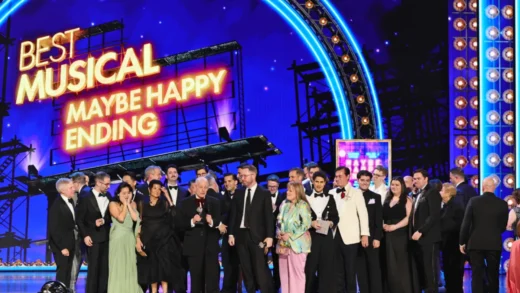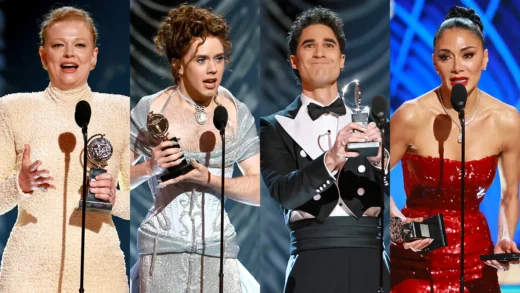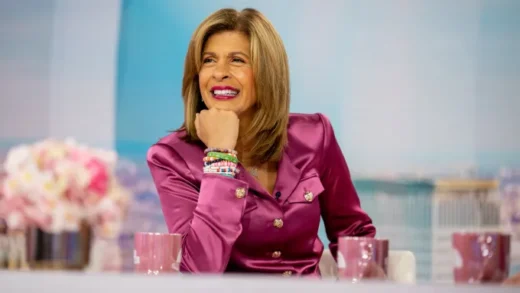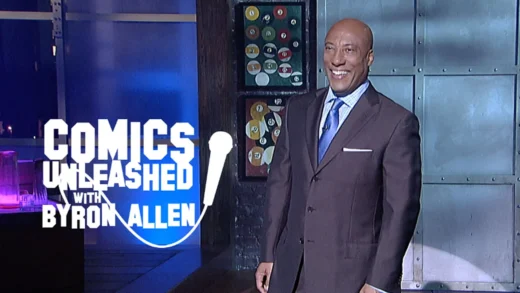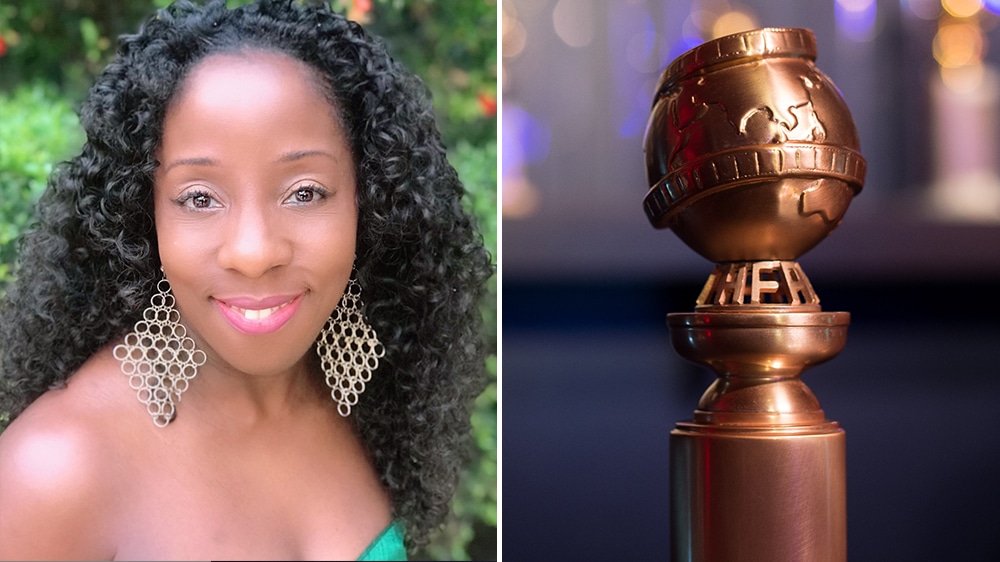About a decade ago, Samantha Ofole-Prince got a message from a member of the Hollywood Foreign Press Association. Ofole-Prince, who is Black, grew up in the United Kingdom, and had been writing entertainment stories from Los Angeles for publications in the U.K., Africa and the Caribbean.
The HFPA member — whom Ofole-Prince declined to identify in order to protect her from controversy — wanted to meet. At the meeting, the woman said the group was looking to recruit Black members, and asked Ofole-Prince if she would be interested in joining.
“How many do you have?” Ofole-Prince asked.
“We don’t have any at the moment, unfortunately,” the member replied. “It’s very embarrassing for us.”
About a decade ago, Samantha Ofole-Prince got a message from a member of the Hollywood Foreign Press Association. Ofole-Prince, who is Black, grew up in the United Kingdom, and had been writing entertainment stories from Los Angeles for publications in the U.K., Africa and the Caribbean.
The HFPA member — whom Ofole-Prince declined to identify in order to protect her from controversy — wanted to meet. At the meeting, the woman said the group was looking to recruit Black members, and asked Ofole-Prince if she would be interested in joining.
“How many do you have?” Ofole-Prince asked.
“We don’t have any at the moment, unfortunately,” the member replied. “It’s very embarrassing for us.”
Ofole-Prince’s story — which she has never shared publicly before — provides a glimpse of a road not taken. Had she been allowed to join in 2013, the HFPA might have been on a path to become more diverse, and possibly would not be in as much trouble as it is now. But after being invited to apply, Ofole-Prince was rejected.
The HFPA has blamed her rejection on a problem with the magazine clips submitted with her application. But according to Ofole-Prince, her candidacy ran into resistance from members who feared she would compete on their turf.
She provided an email exchange with a member from South Africa who wanted assurances that Ofole-Prince would not work for South African outlets. Whether that issue ultimately killed her nomination is hard to say with certainty. But Ofole-Prince believes that was the reason, and said she bases that conclusion on her conversations with her supporters in the group.
The 80-plus members of the HFPA are mostly journalists who freelance for international publications. Their membership — and the ability to vote on the Golden Globes — gives them clout and access to interviews and press conferences which are not afforded to outsiders. But they do fear competition from within.
According to a lawsuit filed last August, the members claim various territories, and agree not to work in each others’ domains. A Norwegian journalist, Kjersti Flaa, alleged in the suit that she had been rejected because two Scandinavian members feared that she would compete with them for assignments from Scandinavian outlets. Her attorneys submitted sworn declarations from several other foreign journalists who said that they, too, had been denied admission due to competitive concerns.
(Excerpt) Read more in: Variety
